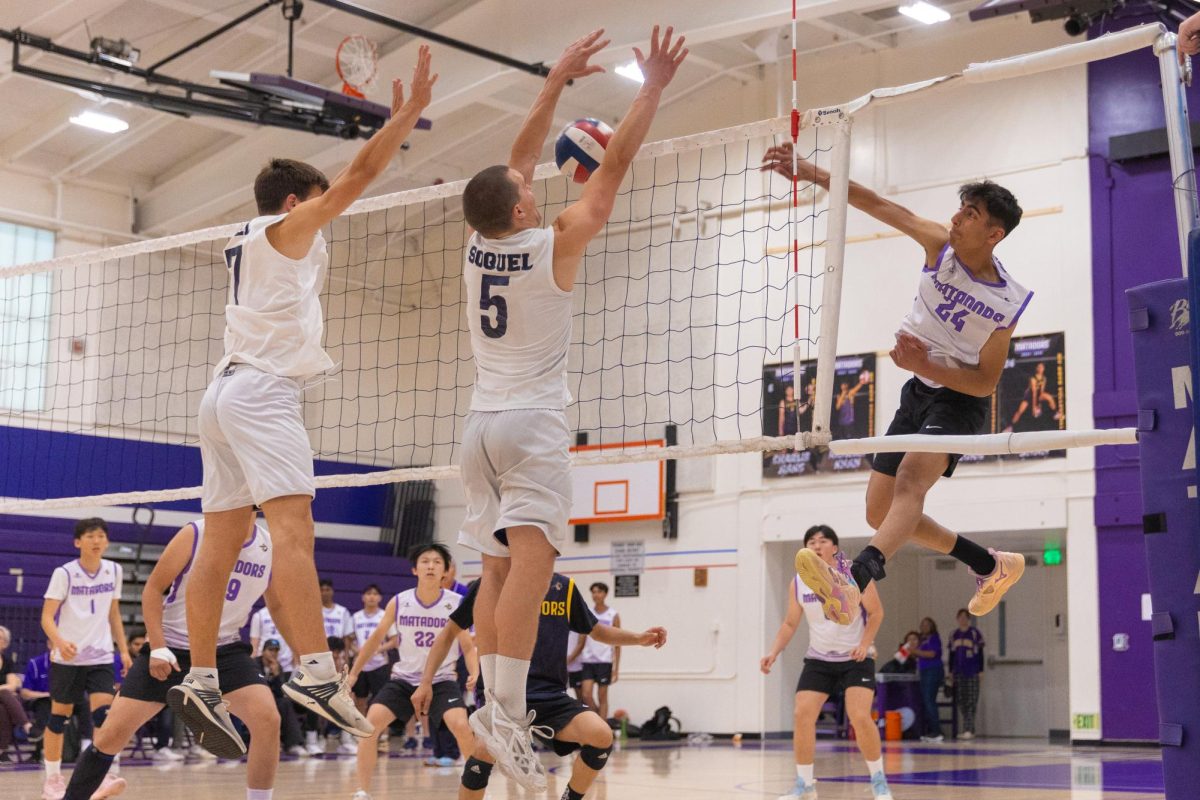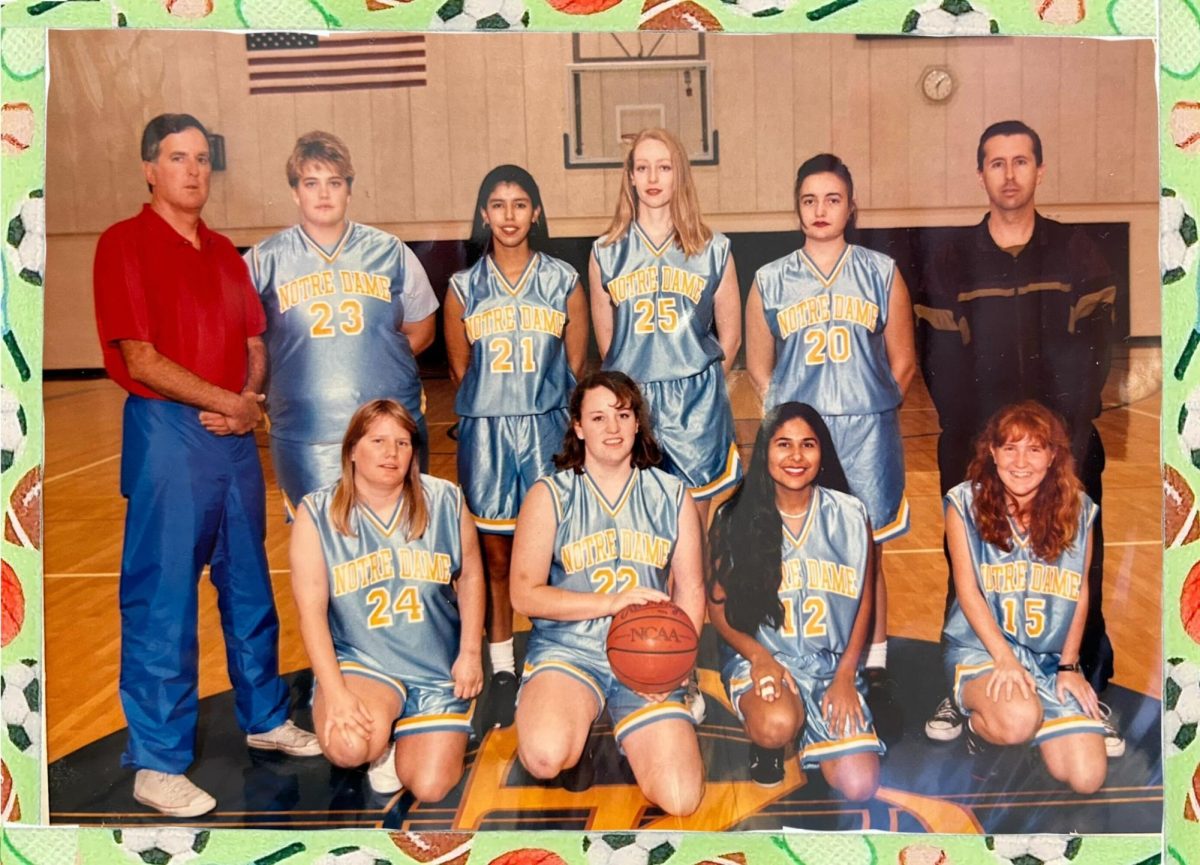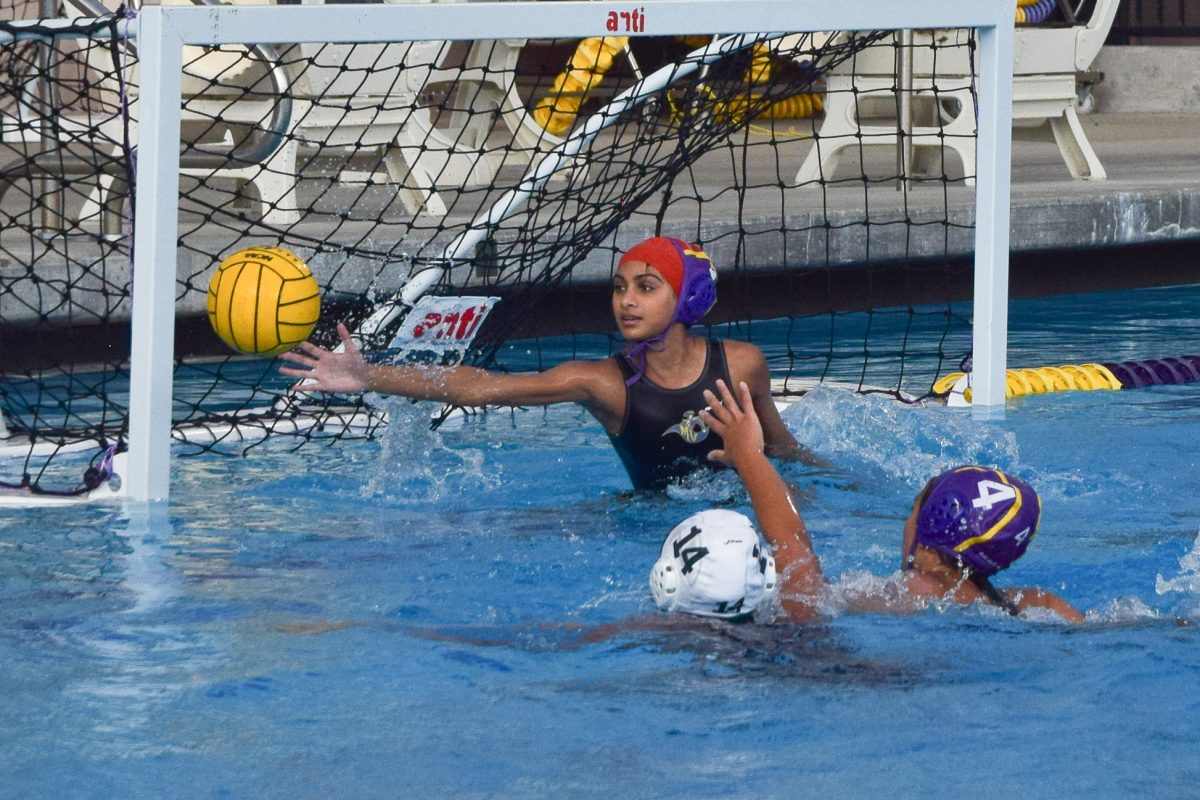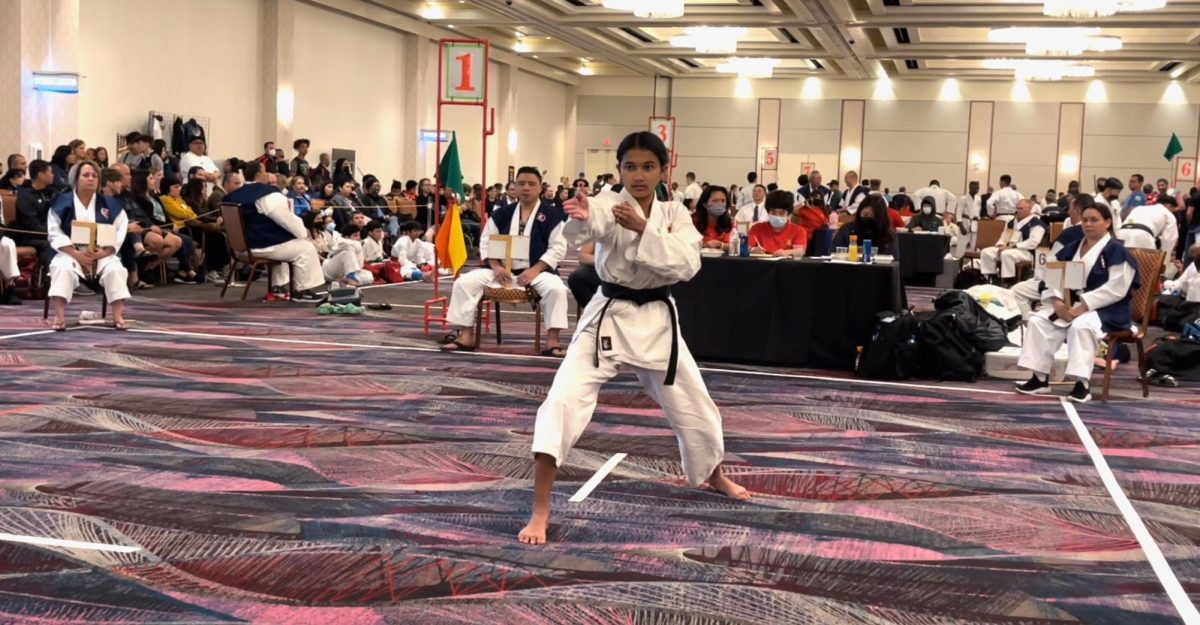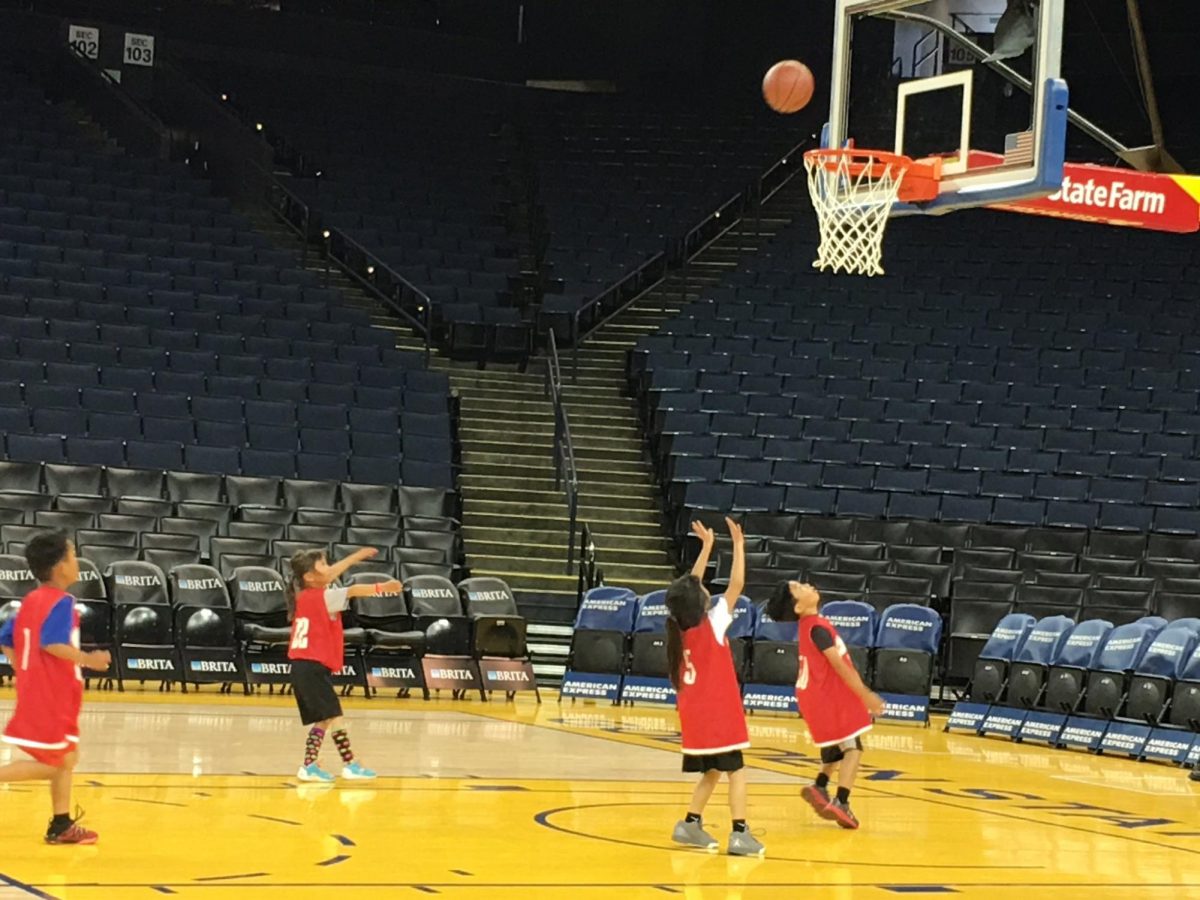Living in Australia, freshman Vatsel Dave was in a constant state of boredom trying to fill up his free time by watching YouTube videos. It was by chance that a dance video popped up on his feed, and before he knew it, he went down a rabbit hole of searching for more dance videos. Instantly mesmerized by the dancers’ crisp movements and the graceful storytelling through their expressions, this was Dave’s first introduction to Bharatanatyam, an Indian Classical dance. While Dave was eager to dance, he had doubts about how others would view him due to his gender.
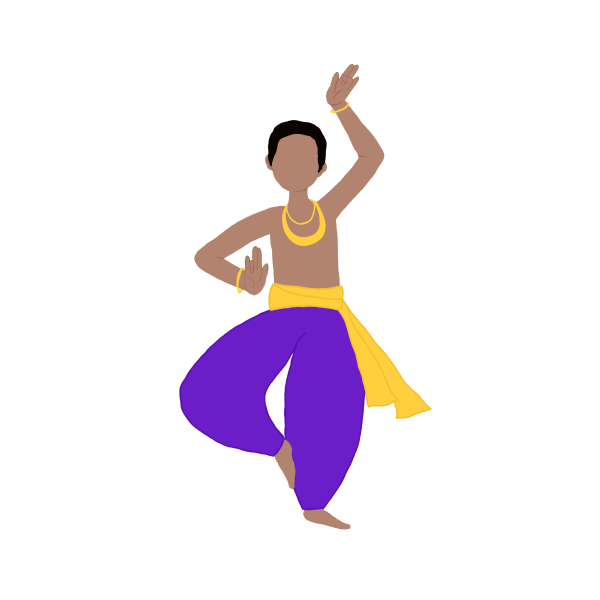
“I was skeptical about what some of my older relatives would think but the thing is, there are a lot more male dancers nowadays than there were,” Dave said. “On Instagram and other social media, it is more normalized now. The minute I saw Bharatanatyam for the first time, I was determined to start taking dance classes as soon as I could, no matter what. And I knew that in the end, my immediate family would support me.”
Even though mostly everyone was supportive, Dave mentions that some of his older relatives were a little hesitant in the beginning when learning about his interests. Coming from a traditional family, Dave explains how specific activities were seen with a strict binary and were categorized as either “boyish” or “girly.” In his family’s eyes, dance was viewed as a more feminine act, especially since they weren’t as exposed to current media where male dancers are much more common.
“Thankfully, I’ve never been put in that situation where I wasn’t able to dance because I’m a boy, but I also believe that since dance is a more female-dominated sport, my family was afraid that people would perceive me differently because of that,” says Dave. “I like to think of it this way: the Lord of dance in my culture is a male god. I think that proves that dance is a universal thing for anyone. And in the end, everyone came around.”
Similar to Dave’s passion for dance, sports have been a part of freshman Nishka Shetty’s life since they were young and she has fond memories of watching games with her loved ones on the big TV screen. Shetty recalls watching football games with her brother, putting a pause on their daily lives as he taught her the logistics of the game before he left for college. According to Shetty, while many people are initially surprised at finding out about her interest in football, she never feels judged for it and believes that her passion is supported.
“No one has been like, ‘Oh, you’re not a big fan’, but instead say ‘Oh, you’re into football and that’s cool,’” Shetty said. “Most people that know [that] me and my brother have been into [football] since we were born so I’ve had a good experience and everyone is supportive about it.”
Likewise, senior Alison Lin also says that she has had a mostly positive experience of people supporting her interest in baseball, but she explains how she has had certain interactions where people doubt her knowledge of the sport simply because she’s female. She believes that sometimes, girls need to prove their interest in a sport and understand it completely for guys to take them seriously. Lin also points out that some guys automatically presume that girls only know popular or attractive players and accuse her of recognizing players solely because of their appearance.
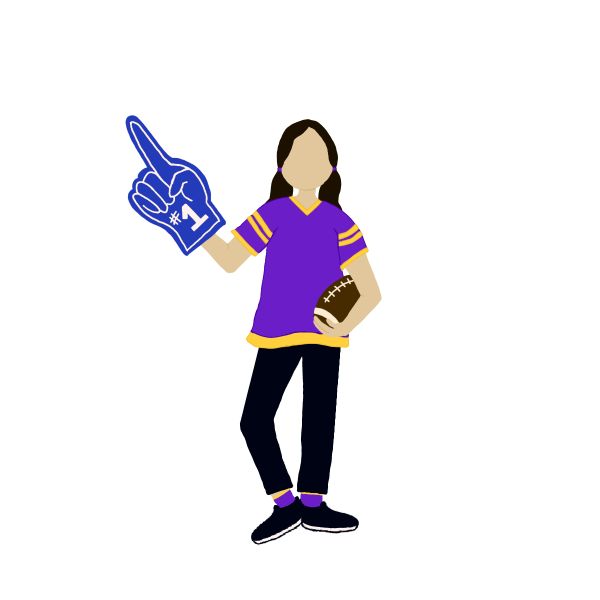
“I guess it is a little annoying in the sense that what if I just respect this person because I think they’re a good player,” Lin said. “It’s not just because he’s so cool or hot, it’s because he can do his job and he knows what he’s doing. And if he’s good at it, and I can respect his athletic ability without being doubted for it.”
Similarly, Dave also feels that he receives more positive attention as a dancer simply because he is male. Usually, Dave is the only male dancer in a group which he believes is the reason why more people notice him on stage and come up to congratulate him. While he appreciates being acknowledged as a male dancer, he wants people to focus more on his skills than on his gender.
“Anyone I tell that I dance to is always surprised, but the thing is, on stage whenever I perform, I think that people appreciate me not just as a male dancer, but because I’m a good dancer,” Dave said. “While I like to be recognized for both, I want more people to appreciate my talent rather than just be recognized for my gender, I think that is more important.”
Lin further emphasizes how stereotypes should be broken down in sports and become more accepting. She says that people should not be judged on their knowledge about sports and that the person’s interest in the sport is what should matter.
“I know that girls do feel like they need to know how to understand sports in order to be interested in them,” Lin said. “For example, football— it’s America’s sport. Everyone’s excited about football. Everybody’s excited about the Super Bowl. I don’t think there’s anything wrong with not understanding it but still being interested, because, at the end of the day, sports are for entertainment. Everyone should be allowed to express their interest without being judged for it. It shouldn’t matter.”











